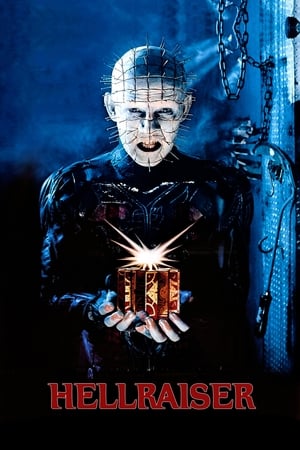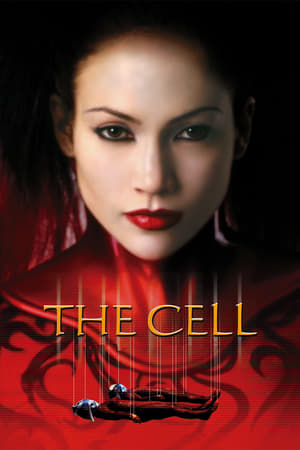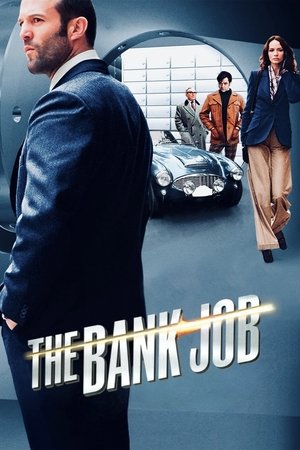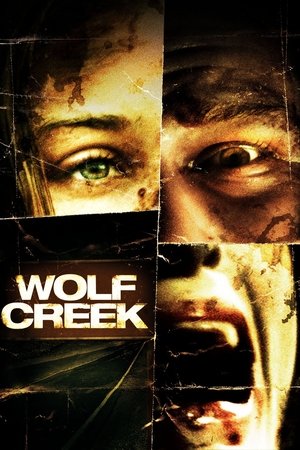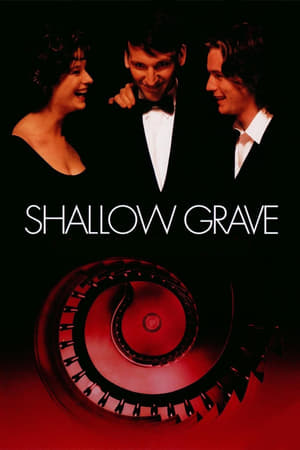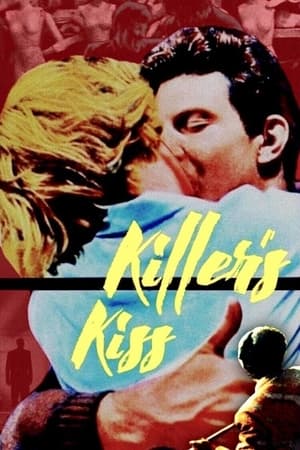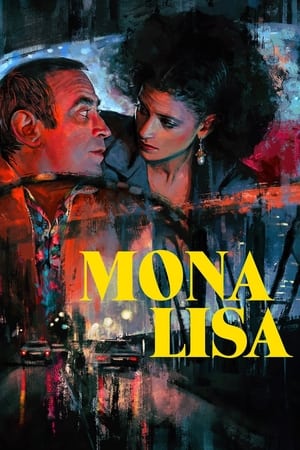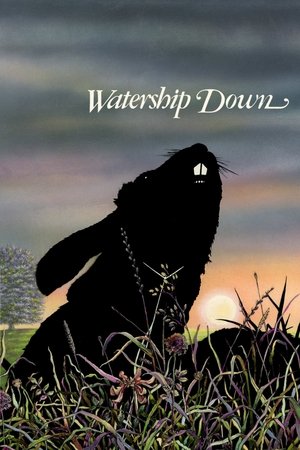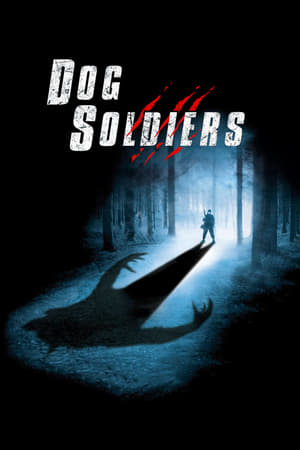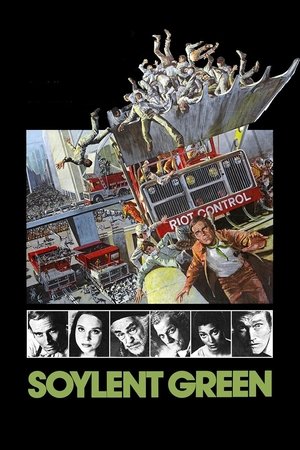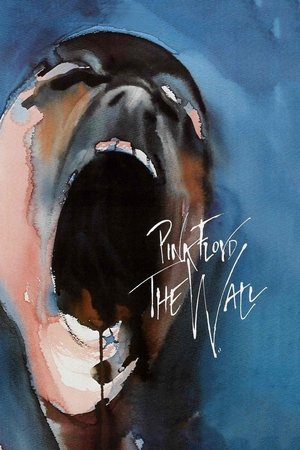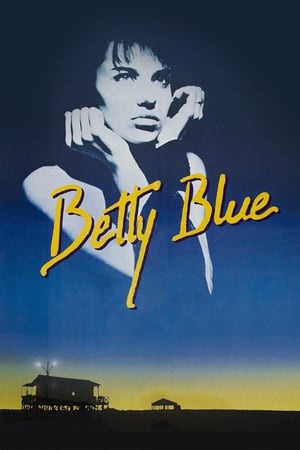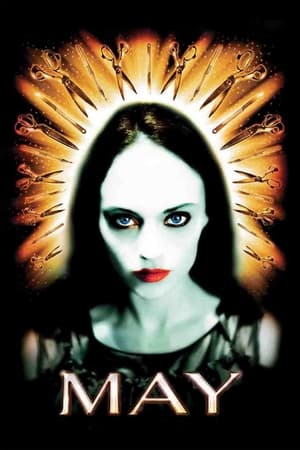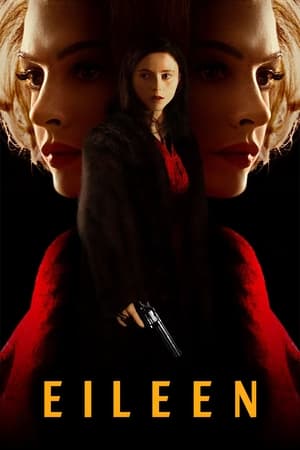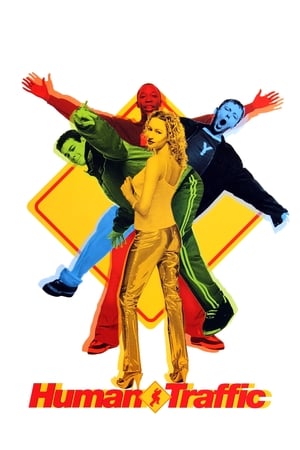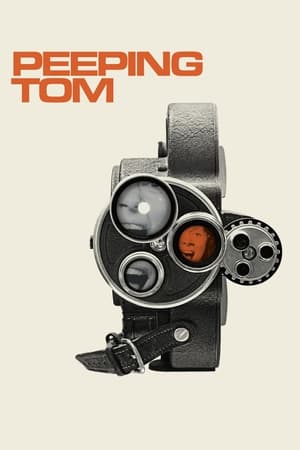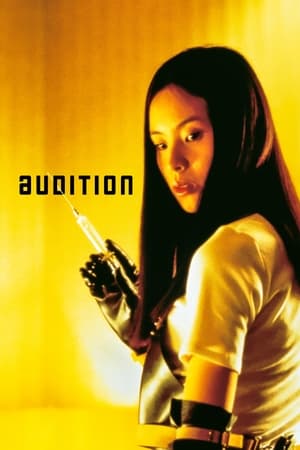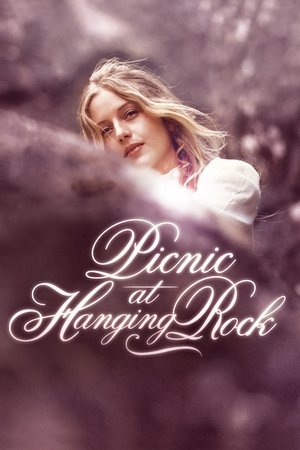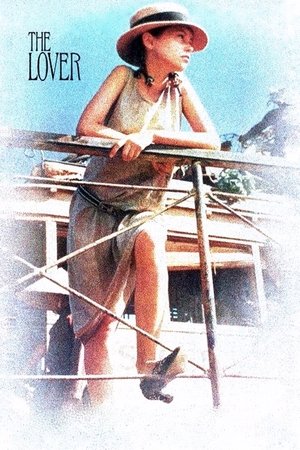Overview
Belfast police conduct a door-to-door manhunt for an IRA gunman wounded in a daring robbery.
Reviews
That's the duty of all of us.
Johnny McQueen is an IRA leader who breaks out of prison and for 6 months hides out at the house of adoring Kathleen. Here he plots a robbery of a Belfast mill to fund his underground organisation, the robbery doesn't go to plan and Johnny kills a man in a struggle outside the mill, he himself is shot and fails to make the getaway with his accomplices...
If ever there was a film that defines the statement of film on canvass then this is it, it's a gorgeous piece of work relying on striking imagery and dialogue driven smartness to realise the demise of Johnny McQueen. We watch (and listen intensely) as Johnny lurches through the back streets of Belfast knowing he is dying, he has most of the city looking for him, be it the law, or friends, or those that want to cash in on him, his destiny is not so much carved in stone, but more like written in blood in the snow.
The amazing feeling I got with this film is that I felt like I was dying as well, and I think that is one of the film's great strengths, director Carol Reed and cinematographer Robert Krasker put you into the mindset of McQueen, the doom hangs heavy, the distortion and hallucinogenic free fall for the last reel hangs heavy on the viewer, it's a stifling masterclass. Some of the shots are beautiful, especially once the snow starts to fall to accentuate the Victorian backdrops, but consistently we also get moist and misty cobbled streets lit by gas lamps, providing moody shadows of humans and buildings alike. While Krasker offers up his photographic atmospherics, Reed excels with scenes such as portraits forming together in front of McQueen, or faces appearing in spilled beer bubbles; images wrung out of McQueen's feverish mind.
James Mason as Mcqueen is brilliant, and yet he doesn't get long periods of dialogue here, the script doesn't call for it, yet the performance is simply wonderful, with just one look of desperation Mason acts out of the top draw. There are a number of great characters in the film, like borderline insane artist Lukey (a bountiful turn from Robert Newton), or bum for a pound Shell (F.J. McCormick), no character is merely a walk on part, they all add weight to this clinically structured piece of work. The score by William Alwyn is right on the money and integral to realising the film's thematic heart, and the ending is noir nirvana, it took me 5 minutes to digest it fully during the close credits. A haunting and poetic piece of work, that rare old beast that is bleakly beautiful. 9/10
This is very much an example of less is more from Carol Reed. James Mason is super as ("Johnny") who leads an IRA cell that decides to rob a textile mill to secure continued funding for their operations. As they make good their escape, he is shot, seriously wounded and has to try to secure medical care whilst being pursued by a determined constabulary and by his loving gal "Kathleen" (Kathleen Ryan). What helps this film to stand out, it that it attempts to deal in a far more sophisticated fashion with the goings-on, brutal at times from both sides, as the net tightens around the fugitive. The characters - especially a superb Robert Newton ("Lukey") - add oodles to the gritty realism of this struggle to escape and to pursue, as does the eery Belfast photography and the snow. How effective is the snow!? The dialogue is sparing, much of the performance - and our appreciation thereof - relies on the gently evolving storyline with Mason doing much of the heavy lifting as he lurches around his city seeking help and safety. Reed doesn't take sides - we must draw our own conclusions, and that isn't an easy thing to do - that's another clever aspect of this production. At times it is quite scary, tense and suspenseful but at it's heart it is about a great cast and a strong story - we get to decide who is right, wrong or ....

 116 min
116 min
 7.3
7.3
 1947
1947
 United Kingdom
United Kingdom
 John Chard wrote:
John Chard wrote: